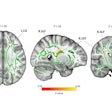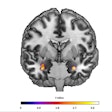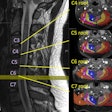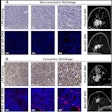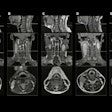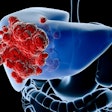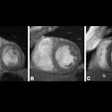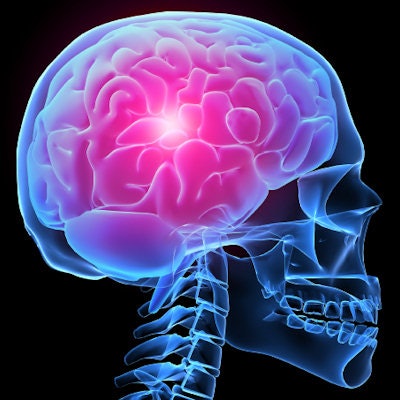
The combination of MRI and blood biomarker analysis revealed damage to the blood-brain barrier of high-contact sports athletes in a new study published online in the Journal of Neurotrauma. Together, the tests may be able to detect mild traumatic brain injuries (TBIs) that often go undiagnosed using standard methods.
For the pilot study, researchers from the U.S., Israel, and Ireland explored the effect that rugby and mixed martial arts had on the blood-brain barrier of the athletes, as well as the implications of damage to the barrier regarding future neurological diseases (J Neurotrauma, September 5, 2019).
Rugby and mixed martial arts athletes repeatedly experience seemingly minor head impacts and possible mild TBI that may lead to the accumulation of "silent" or subconcussive brain damage not evident on conventional MRI and CT scans, noted co-author Dr. Alon Friedman, PhD, from Ben-Gurion University of the Negev, and colleagues.
"While the diagnosis of moderate and severe TBI is visible through MRI and CT, it is far more challenging to diagnose and treat mild traumatic brain injury, especially a concussion which doesn't show up on a normal CT," Friedman said in a statement from the university.
To investigate potential signs of mild TBI, the group first examined 19 university rugby players who did not report having a concussion during the season. The players' pre- and postseason gadolinium-enhanced MRI scans showed no overall differences in gadolinium signal; however, 10 of the players' postseason scans displayed statistically significant increases in signal in the periventricular regions of the brain, indicating blood-brain barrier disruption.
In addition, a blood test showed a statistically significant increase in the presence of a common TBI biomarker known as brain-derived neurotrophic factor (BDNF) in the postseason MRI scans of these 10 players.
A secondary analysis of eight other rugby players also revealed a leaky blood-brain barrier in two players, as indicated by their MRI scans as well as statistically significant increases in two different TBI biomarkers: monocyte chemotactic protein 1 (MCP-1) and S100B.
Friedman and colleagues also evaluated five professional mixed martial arts fighters diagnosed with a concussion after a fight. The researchers performed an MRI exam, measured TBI biomarker levels in the blood, and used a mouthguard sensor (MiG 2.0, Stanford) to assess the brains of each of the fighters.
As with the rugby players, they found a link between the number of head impacts a fighter had and the degree of disruption in the fighter's blood-brain barrier.
The findings suggest that sports as common as rugby and as aggressive as mixed martial arts can result in dynamic changes to the integrity and regulation of the blood-brain barrier, the authors noted.
"It is likely that kids are experiencing these injuries during the season but aren't aware of them or are asymptomatic," Friedman said. "We hope our research using MRI and other biomarkers can help better detect a significant brain injury that may occur after what seems to be a 'mild TBI' among amateur and professional athletes."



.fFmgij6Hin.png?auto=compress%2Cformat&fit=crop&h=100&q=70&w=100)

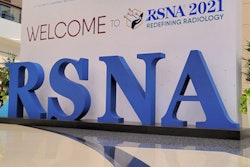
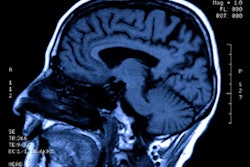
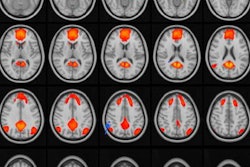
.fFmgij6Hin.png?auto=compress%2Cformat&fit=crop&h=167&q=70&w=250)
